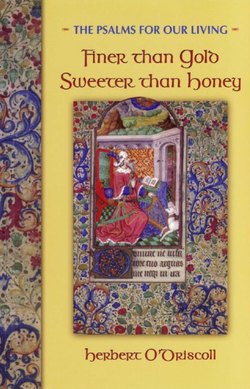Читать книгу The Psalms - Herbert O'Driscoll - Страница 27
На сайте Литреса книга снята с продажи.
ОглавлениеPsalm 20
Some put their trust in chariots and some in horses,
but we will call upon the name of the Lord our God.
at first reading, these lines seem almost out of character for the psalmist. The atmosphere is calm. For once, no enemy is at the gates. We have nothing but unqualified approval for another, as if a dear friend or loved one is being addressed. There is not a word of criticism, no fault finding.
Good wishes for the recipient of this psalm follow each other in quick succession. “May the Lord answer you in the day of trouble … Send you help from his holy place … strengthen you.” May God “accept your burnt sacrifice … Grant you your heart’s desire … prosper all your plans.”
Only now (verse 6) do we realize that the psalmist is writing a somewhat political document. This fervent endorsement is for a leader—a king. Presumably there is some threat of trouble, the possibility of attack or invasion. It would seem that the king is preparing to respond. As he does, his loyal subjects—the psalmist among them—dutifully assure themselves and their king that nothing other than victory is possible.
How does a long-ago statement of political loyalty become a resource for our Christian devotions? Perhaps by our first asking ourselves a question. Who for us is king? For a Christian there can be only one reply. Jesus Christ is king. How do we affirm him as king for us? By generously and genuinely offering our worship and praise, and by committing all aspects of our lives that flow naturally from the loyalty we profess.
There is an echo of this psalm in one of the loveliest of all Christian hymns: “My Song Is Love Unknown,” written by Samuel Crossman in the late seventeenth century. “Here might I stay and sing … never was love, dear King, never was grief like thine.” Here is all the same admiration and devotion, but now offered not to an earthly ruler preparing for war, but in gratitude to a king who has won a victory for us at ultimate cost to himself.
Because of our Lord’s victory, we can expect to realize some of our own victories in the ongoing struggle with our human nature.
Consider Christ—human and divine—a faultless holy person sub-, mitting to humiliation, suffering, and death. Ask God to give you gratitude to Christ for his life and work, and courage to express “Christ in you” (as St. Paul taught), to be a light in the world.
